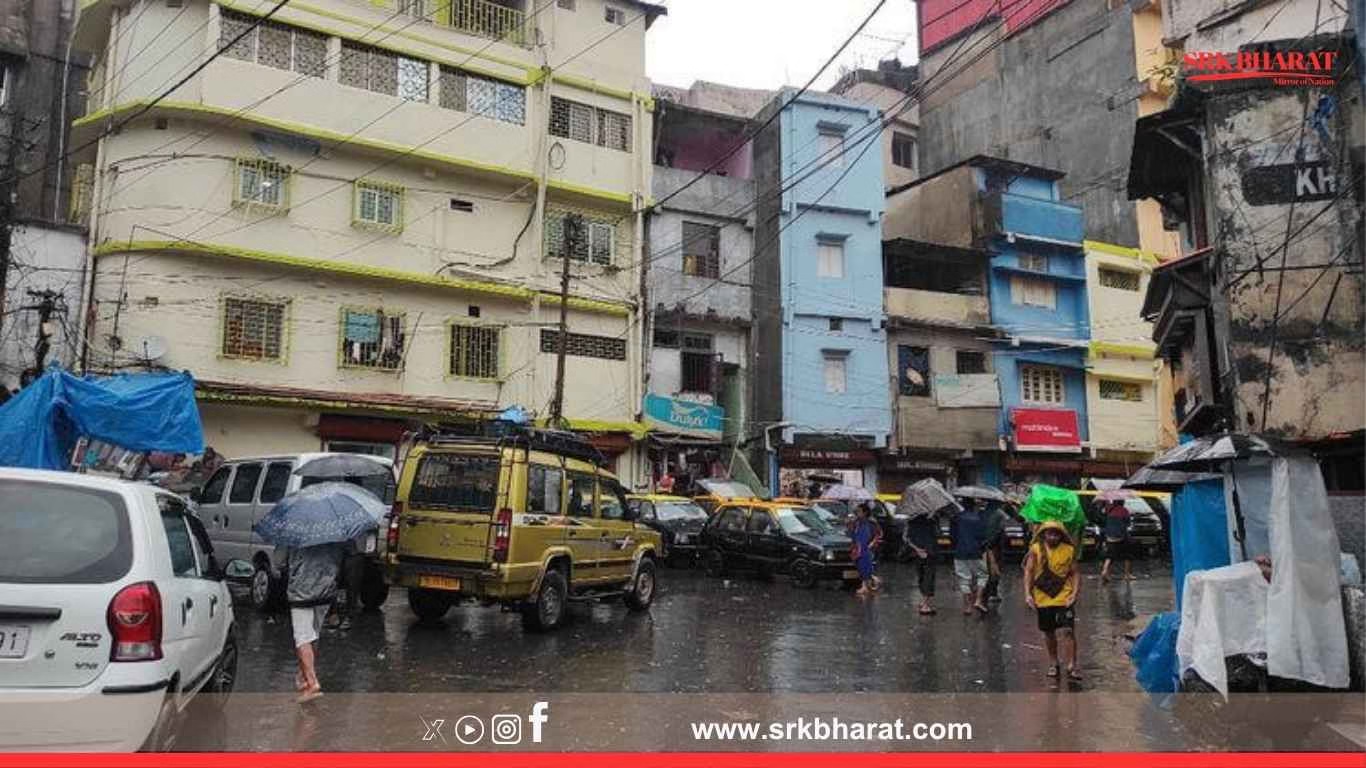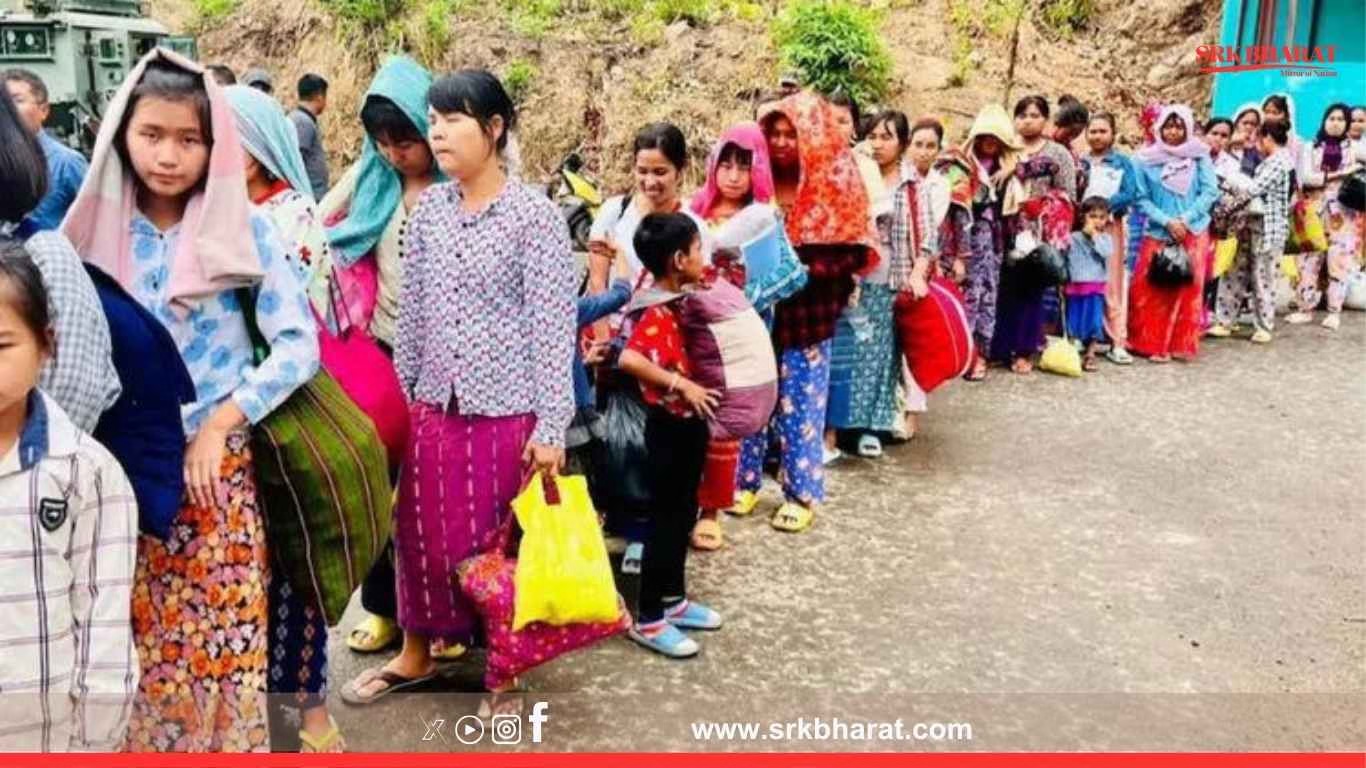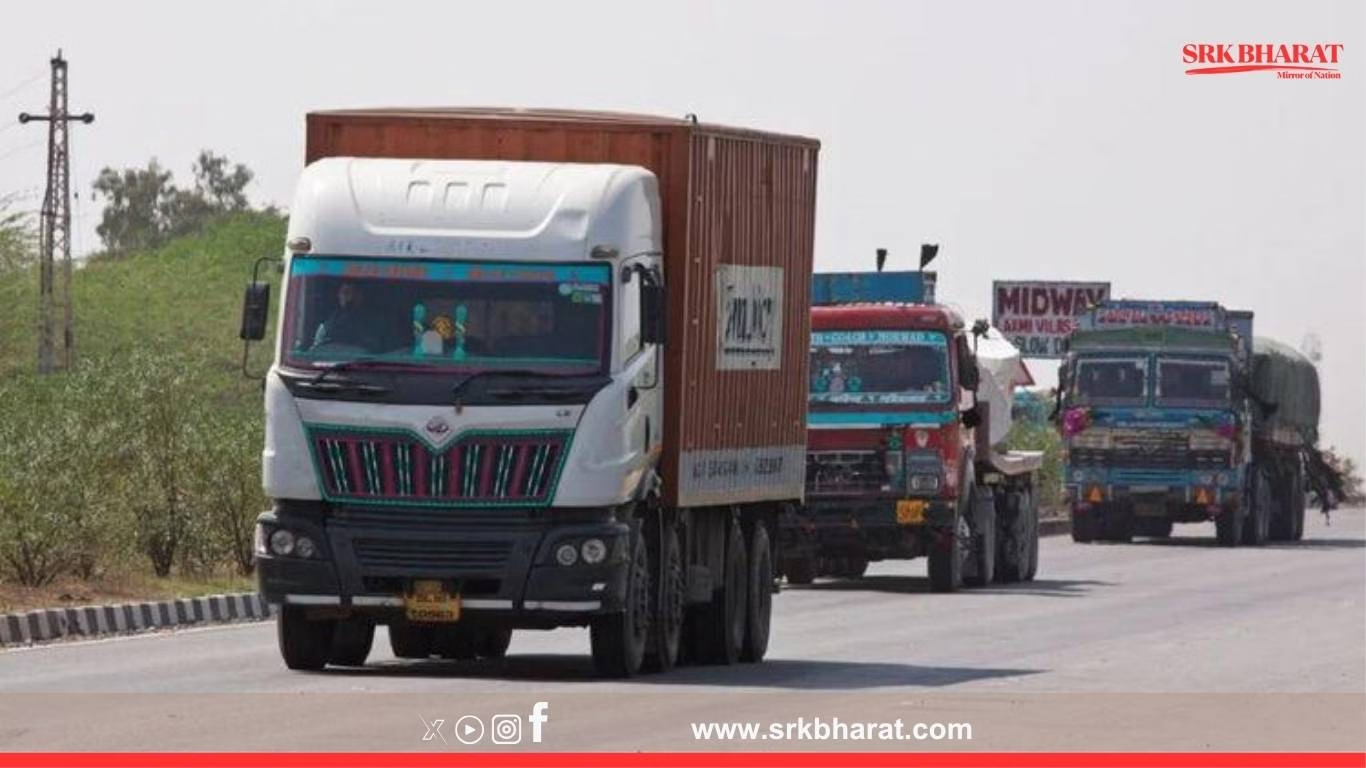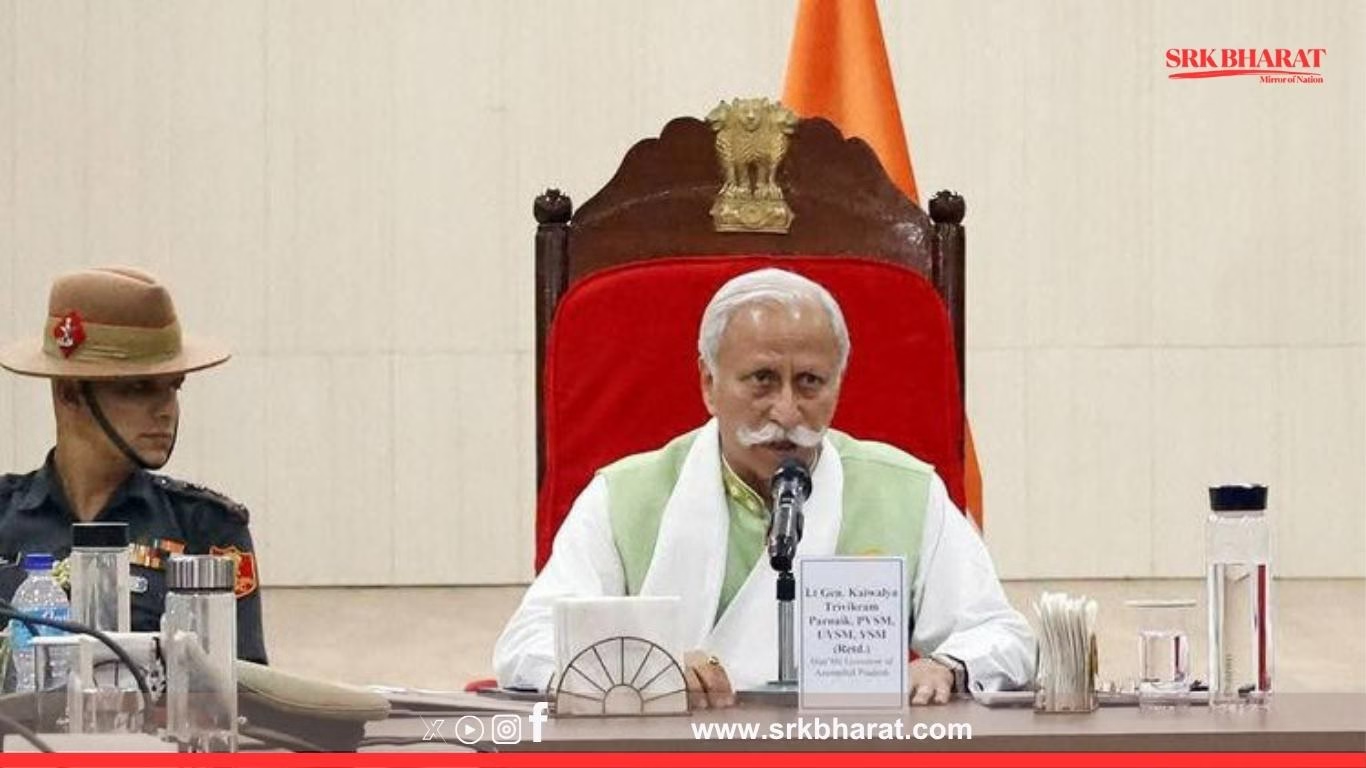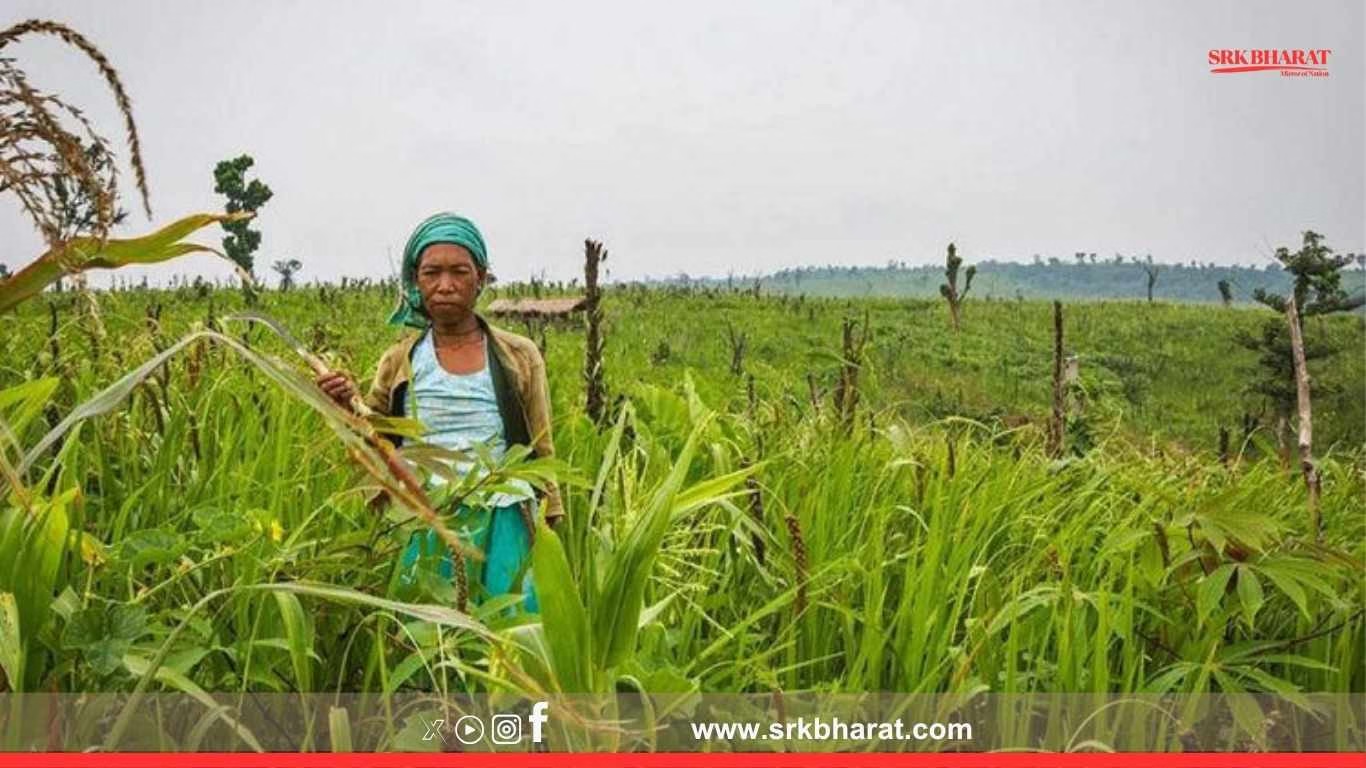Tourist taxis, private transport, and daily travel between Assam and Meghalaya came to a grinding halt on Monday as both northeastern states witnessed the impact of the nationwide strike called by central trade unions and allied organisations. The bandh, called to protest against rising prices, privatisation, and labour law reforms, saw partial to significant disruption in transport services, affecting thousands of passengers, tourists, and daily commuters on the inter-state route.
Key Highlights of the Strike Impact
- Tourist taxis off roads: Most tourist taxis operating from Guwahati to Shillong and Cherrapunji suspended operations fearing stone pelting, road blockades, and damage to vehicles by strike enforcers.
- Private and shared vehicles halted: Daily shared taxis between Khanapara (Assam) and Nongpoh (Meghalaya) did not operate till late afternoon, with some resuming services only after strike supporters dispersed.
- Interstate buses affected: Assam State Transport Corporation (ASTC) and Meghalaya Transport Corporation (MTC) buses curtailed operations. Passengers travelling to Guwahati airport and Shillong faced major inconvenience.
- Markets and tourism hit: Shops and markets in Shillong’s Police Bazar and Guwahati’s Fancy Bazar saw partial shutdown, while popular tourist spots like Elephant Falls, Umiam Lake, and Cherrapunji saw sparse footfall as transport was unavailable.
Voices from affected sectors
Raju Boro, a taxi driver who ferries tourists daily from Guwahati to Shillong, said:
“We cannot risk taking out our taxis when strike supporters are pelting stones on highways. Damage repairs cost lakhs and no one compensates us.”
Mary Lyngdoh, who runs a homestay in Cherrapunji, noted:
“Most guests cancelled bookings today. Even if they land in Guwahati, no transport is available to reach Sohra. We lose one day’s income and local shops also suffer.”
Economic impact on transport and tourism
| Sector | Estimated Daily Earnings (Normal Day) | Loss Due To Strike |
|---|---|---|
| Tourist taxi driver (Guwahati-Shillong-Cherrapunji circuit) | ₹4,000–₹6,000 | Full day loss |
| Shared sumo taxi driver (Assam-Meghalaya border route) | ₹2,500–₹3,500 | Full day loss |
| Local guides and porters | ₹1,000–₹2,000 | No tourists, zero earnings |
| Hotels and homestays (Shillong/Cherrapunji) | Room tariffs ₹2,000–₹6,000 | Up to 80% cancellations reported |
Strike enforcement and public reaction
In Assam, trade unions and opposition groups staged rallies in Dispur, Beltola, and Maligaon, leading to brief traffic disruption. In Meghalaya, activists blocked roads near Mawlai, Motphran, and Nongpoh, preventing taxis from operating freely.
Despite the protests, many residents expressed anger at frequent strike culture affecting daily life. Anita Das, a teacher commuting from Khanapara to Shillong, said:
“We support demands against price rise but paralysing transport hits common people hardest.”
Rahul Singh, a tourist from Delhi stranded at Guwahati airport, added:
“We planned our Meghalaya trip for months. Our driver cancelled due to bandh. No buses or taxis are ready to go. Our entire schedule is ruined.”
Political responses
The Meghalaya Joint Action Committee of Trade Unions, which supported the strike, said:
“Bandh was peaceful and successful. Our demands against labour law dilution and privatisation are justified.”
However, Assam government officials termed frequent strikes “counterproductive” for employment generation and tourism revival post-pandemic. A senior Meghalaya Tourism Department officer noted:
“We are trying to promote Meghalaya as an all-season destination. Such strikes dent our image and tourist confidence.”
Background of the strike call
The nationwide strike was called by central trade unions to protest:
- Centre’s labour code reforms replacing 44 existing laws.
- Privatisation of PSUs.
- Unemployment crisis and rising inflation.
- Contractualisation of permanent jobs and weakening of social security.
While sectors like banking and insurance saw mixed impact, transport remained the most visibly affected sector in Assam-Meghalaya.
Meghalaya Police advisory
Meghalaya Police issued advisories urging travellers to avoid non-essential movement during the bandh hours. Security deployment was increased at Umsning, Nongpoh, Byrnihat, and Shillong entry points to prevent any violence or forced vehicle stoppage.
Outlook for the tourism sector
Tourism stakeholders worry that repeated disruptions will deter domestic travellers. Meghalaya Tourism Development Forum members said unless infrastructure and alternate transport options expand, any strike paralyses the sector instantly.
| Tourist Arrivals In Meghalaya (Pre-Covid Annual) | Approx. 1.2 million |
|---|---|
| Tourism sector contribution to Meghalaya GSDP | ~8% |
| Average daily number of tourist taxi trips (Guwahati to Shillong) | 1,500–1,800 |
Conclusion
Monday’s nationwide strike underlined the fragility of Assam-Meghalaya’s tourism-dependent economy where even a one-day disruption translates into heavy losses for transporters, guides, homestay owners, and vendors. While unions termed the protest successful in highlighting national economic concerns, daily earners questioned the strategy of targeting common people’s livelihoods to make a political point.
Disclaimer
This report is compiled from interviews with drivers, tourists, industry stakeholders, and public officials across Assam and Meghalaya. Figures are based on government tourism data, local transport union records, and direct estimates by operators. Readers are advised to follow official advisories for travel planning in the Northeast and refer to government notifications for updated strike or bandh information.







